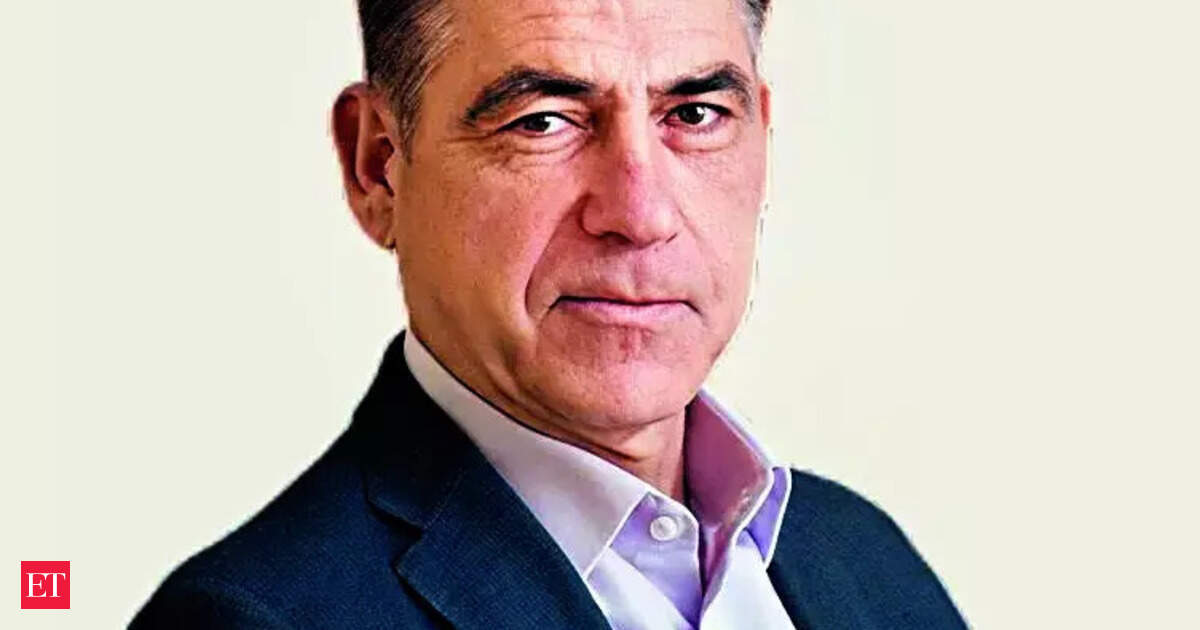Now Reading: Trump-Modi Talks Crucial for Trade Deal: Former USTR Official
-
01
Trump-Modi Talks Crucial for Trade Deal: Former USTR Official
Trump-Modi Talks Crucial for Trade Deal: Former USTR Official

Swift summary:
- India and the US are in advanced talks to forge a bilateral trade agreement (BTA), with an initial phase aiming to double bilateral trade from $191 billion to $500 billion by 2030.
- Mark Linscott, senior advisor at the US-India Strategic Partnership Forum and former Assistant US Trade Representative, emphasized the need for high-level talks between Prime minister Narendra Modi and President Donald Trump to reset negotiations after recent tensions.
- Tensions arose following the US imposition of a 25% tariff on imports from India, alongside penalties related to India’s trade interactions with Russia.
- A US trade delegation is scheduled to visit New Delhi on August 25 for continued discussions. The first tranche of the BTA is targeted for completion by October.
- Linscott indicated that this period may necessitate a “cooling-off” before progress resumes but remained optimistic about achieving both short-term agreements and longer-term deals similar to those forged between the US, Japan, EU, and Korea.
Indian opinion Analysis:
While recent developments point toward challenges in reaching consensus due to heightened tariffs and geopolitical considerations (notably Russia’s influence), there remains important potential in strengthening economic ties between India and the United States. High-level political intervention could help streamline negotiations as suggested by Mark Linscott.
India stands at a pivotal moment where demonstrating commitment to open dialog can stabilize ongoing efforts toward an aspiring bilateral partnership aimed at substantial growth in mutual trade volumes. However, both sides will need pragmatic compromise-balancing strategic autonomy with economic opportunities-to avoid protracted disputes that might hinder long-term goals.The upcoming August meeting offers an crucial litmus test for these diplomatic engagements’ direction while setting precedents for balancing political rhetoric with tangible economic progress. collaboration despite differences will be key if both nations share aspirations of mutual benefit over contention.























